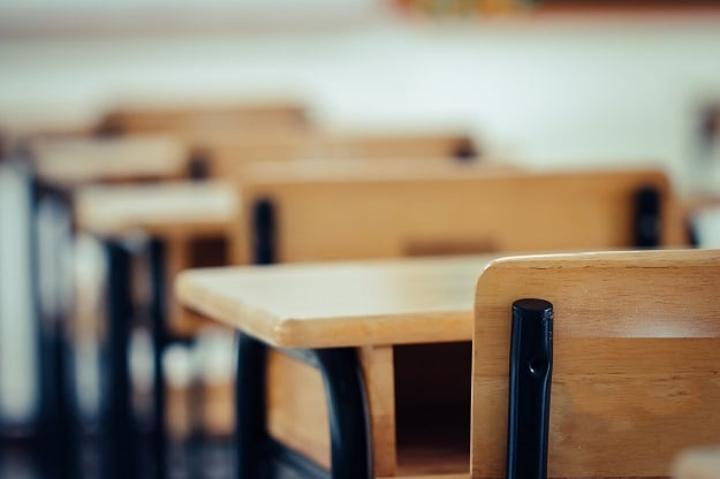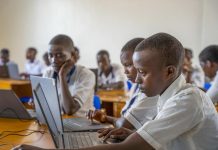Africa-Press – South-Africa. The Department of Basic Education on Tuesday said it needed R16 billion to implement the Basic Education Laws Amendment (BELA) Bill.
This was heard on Tuesday as the Portfolio Committee on Basic Education began deliberations on the BELA Bill.
The department said much of the financial injection was needed to fund the expansion of Grade R at over 7 800 schools.
It said it would need around R12 billion for infrastructure development – such as classrooms – and an estimated R4 billion to fund staffing requirements.
According to the portfolio committee, the bill seeks to transform and change several aspects of the basic education sector.
This includes:
The meeting started with the committee adopting the National Public Hearings report presented last week.
The report provided a consolidation of progress undertaken in processing the BELA Bill.
It highlighted the issues raised during the public participation process, which included public hearings. Also, it cited key issues from the oral submissions held in Parliament.
It provided a summary of key issues raised, clause by clause of the bill, recommendations made in the written submission, and comments on the bill made by the public.
The report could not be adopted last week as committee members said they had received it late. However, on Tuesday morning, there were still issues with adopting the report.
There were complaints about numbers in the report and discrepancies.
Committee chairperson Bongiwe Mbinqo-Gigaba announced that the report was adopted. This did not sit well with some members of Parliament.
DA’s national education spokesperson Baxolile Nodada said there was no parliamentary legal service report, and they did not get a response on discrepancies in the report.
“You want to botch the bill. If you want to do that, go ahead and do it. We won’t participate in the process that will implicate millions of our children and parents by taking away their rights in participating in this process when you botch it like this,” he said before staging a walkout with his colleague Marina van Zyl.
They were followed by ACDP MP Marie Sukers.
Responding to Nodada, Mbinqo-Gigaba said:
After the members had walked out, the presentation by the department’s director James Ndlebe continued.
Ndlebe said it was expected of any government department to do an impact assessment by completing a socio-economic assessment system.
Nodada returned and disrupted Ndlebe’s presentation, saying the committee didn’t have a quorum, and could not proceed with a decision.
Mbinqo-Gigaba called him to order saying he could not go out and come back and speak during a presentation.
She said:
Ndlebe said the BELA Bill seeks to amend Section 3(1) of the South African Schools Act (SASA) to provide that school attendance is compulsory from Grade R and no longer only from Grade 1.
“Provision of Grade R is currently not part of the compulsory basic education mandate, and it is managed within the broader context of early childhood development (ECD) as regulated by the Education White Paper 5 of 2021. This impacts the mandate in terms of function and funding Grade R,” he said.
“There is currently a significant gap in remuneration between the Grade R educators and the educators in the mainstream. Once Grade R becomes compulsory, schools must accommodate all learners that apply for admission, which is expected to increase the number of enrolments. Currently, primary schools [that] do not have Grade R classes … also have to introduce the classes.
“It is also expected that the enrolment of Grade R learners will increase, and so will the need to appoint additional educators. The costing of staffing needs, therefore, should take into account both the implication of the equalisation of conditions of service and the potential increase in enrolment leading to the need to employ additional educators,” Ndlebe said.
He said 7 888 schools still needed to be provided with Grade R classrooms. The meeting was adjourned because there were not enough members and will reconvene on Wednesday morning.
For More News And Analysis About South-Africa Follow Africa-Press






